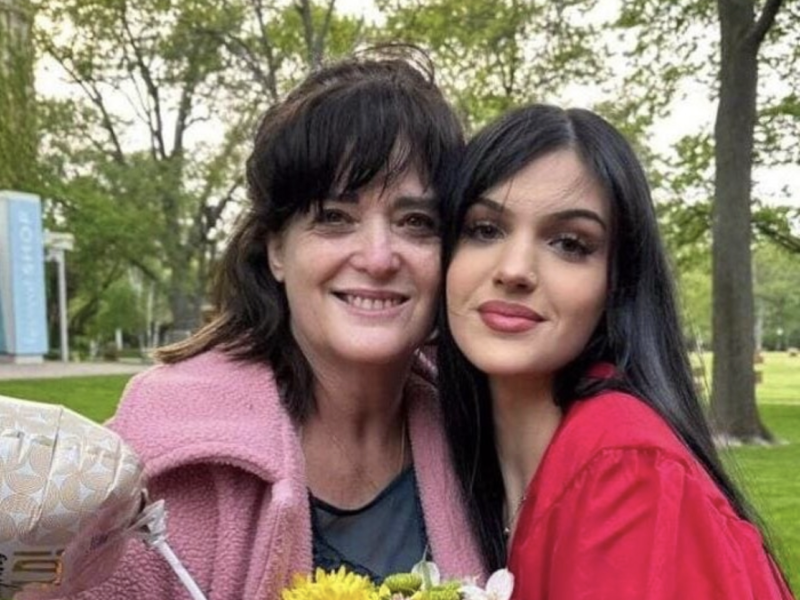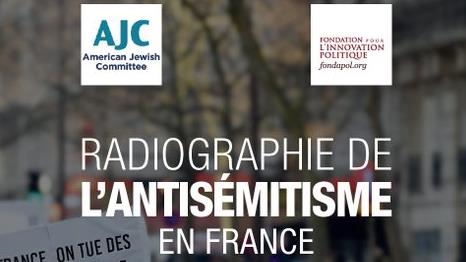Julie Diamond often thinks of people she’s never met, shares reminiscences about them and reflects on King Solomon’s observations that “charity saves from death.”
The people – Rebecca and Sada Tarshis, Art Krichevsky and Chuck Karsun among them – left most of their money to charity, aiding a host of institutions and causes close to their hearts.
“It’s a thrill to have a role in honoring the legacies of these generous people,” says Diamond, executive director of the Oregon Jewish Community Foundation, which oversees distribution of some of the funds. “Every year, we remember their lives, their families and what made them special.”
The Tarshsis sisters, Karsun and Krichevsky were all people who lived modest lives and worked at regular jobs during their lifetimes – but whose generosity of spirit continues to have an important impact.
Their gifts have been used to establish scholarships, support Jewish education and outreach, and aid their synagogues and the larger Portland community.
“Their endowments keep their names and their legacies alive,” Diamond adds. Though none of the four married or had children, their generosity is their bridge to future generations.
* * *
Rebecca and Sada Tarshis were born in Berelov, Russia, and came to Portland with their family in 1921. The last of five siblings who grew up here, they died just 10 days apart in 2001. Rebecca was 95 and Sada was 90.
Rebecca, or “Becky,” went to work at the age of 16 as a medical stenographer and saved up for a college education. After graduating from the University of Oregon with a degree in journalism, she returned to Portland. She worked for the Portland Clinic, where she became director of the Department of Publications and Medical Research, and edited the clinic’s bulletin for 30 years.
She was one of the founding members of Oregon Press Women in 1951 and a leader in the Association for Women in Communications (originally Theta Sigma Phi, a national honorary group for women in journalism). She frequently wrote freelance articles for local and national publications, and co-authored a biography of Col. Edward D. Baker, an Oregon senator and friend of Abraham Lincoln, published by the Oregon Historical Society in 1960.
She also had served on the Governor’s Commission on the Status of Women for both Govs. Mark Hatfield and Tom McCall.
“She was a wonderfully friendly, outgoing person,” said Barbara Peeples, who knew Tarshis through Women in Communications. “She was just so vital.”
Sada Tarshis worked as an executive secretary for John A. Roebling and Son, bridge designers whose work includes the Brooklyn and Golden Gate bridges. She retired in the mid-1970s.
Both Tarshis sisters enjoyed traveling. Rebecca toured the Soviet Union with a group of journalists in 1963, and went to China in 1977 with the U.S.-China People’s Friendship Association. In later years, they shared a penthouse at the Ione Plaza, now the Vue Apartments, near Portland State University.
When the sisters died, they left about $2.7 million to 14 organizations. The largest single gift, about $1.2 million, funded an endowed professorship at Doernbecher Children’s Hospital; the $430,000 left to the Oregon Jewish Community Foundation created the Rebecca and Sada Tarshis Memorial Scholarship Fund, which provides about $20,000 annually for college or postgraduate scholarships.
Other recipients included Jewish Family and Child Service, Portland Jewish Academy, Congregation Shaarie Torah, the Hevra Kadisha of Portland, 9-1-1 (Emergency Dispatch), the Portland Chapter of Hadassah and Multnomah County Library. Smaller amounts went to groups ranging from Loaves and Fishes to Oregon Press Women.
DDD
Chuck Karsun and Art Krichevsky were friends and lifelong bachelors who took care of their mothers. Both worked for the State of Oregon. They lived simply and cared very much about the community in which they lived.
Marv Nepom, the attorney for both men, drafted their wills and knew of their interest in making a charitable bequest. But even he was surprised at the scope.
Karsun, who died in 2007, left $3.5 million to the Oregon Jewish Community Foundation. Krichevsky, who died in 1995, left $2.5 million.
“These were two unusually successful, thrifty men,” Nepom said. “I hope their names live on forever.”
Karsun was best known as a musician and entertainer. His Chuck Karsun Orchestra played big band and swing music at venues including McMenamins Grand Lodge, other local clubs and fraternal lodges, and the Rose Schnitzer Manor, as well as at wedding receptions. Karsun was the drummer and the booking agent.
His day job was with the State of Oregon, where he was a fraud investigator for the Oregon Employment Division for 31 years. He was a member of Congregation Shaarie Torah, the Eastside Jewish Community of Portland and the Jewish Senior Citizens Club.
Born in Portland in 1930, he grew up an only child in Old South Portland, living with his mother and grandmother. After urban renewal cleared the neighborhood, they moved to a house near Southeast Hawthorne Boulevard, where Karsun lived the rest of his life.
He attended Portland Hebrew School at the Neighborhood House, Failing School, Lincoln High School and the University of Oregon. Friends remember that he had a collection of 15,000 records.
He started a short-lived investment club at Shaarie Torah, which disbanded because of Karsun’s insistence that the group – which pooled its money – just buy stocks and never sell. “In hindsight, he was right,” says Mike Imlah, Shaarie Torah’s office administrator and a member of the group.
Karsun suffered throughout his life from a condition called icthyosis, a genetic disorder that caused his skin to flake off in clumps. He always looked as if he were sunburned, but he kept away from the sun.
“I always had special admiration for Chuck because of how he overcame his physical handicap,” Nepom said. “He didn’t let it get him down.”
Krichevsky, too, worked for the State of Oregon. He spent 31 years as a caseworker in the Children’s Services Division. Born in Portland in 1926, he had an abiding interest in children and education.
But where Karsun was very specific about his bequests, his friend, Krichevsky, had a different approach.
“Both of them knew what they wanted, “ Nepom said. “Art wanted someone else to make the decisions after he was gone.”
Aside from some small gifts to relatives, Krichevsky wanted his estate to be used for Jewish education. Today, the Arthur P. Krichevsky Scholarship provides grants for tuition to Jewish day schools (for grades 1 and up), for the Oregon Board of Rabbis Teen Israel Experience and for some post-high school study.
Karsun wanted his legacy to have a broader sweep – to support the Jewish Federation of Greater Portland, Jewish Family & Child Service, Portland Jewish Academy, Shaarie Torah, the Jewish National Fund in New York and OJCF’s Community Endowment Fund.
“Their generosity and their impact are inspiring,” Diamond said, adding that a donor doesn’t have to be a mogul or even a millionaire. Everyone can make a difference by giving what he or she can.
After all, as King David noted in Psalm 112, “Charity endures forever.”
Sura Rubenstein is a freelance writer in Portland.





